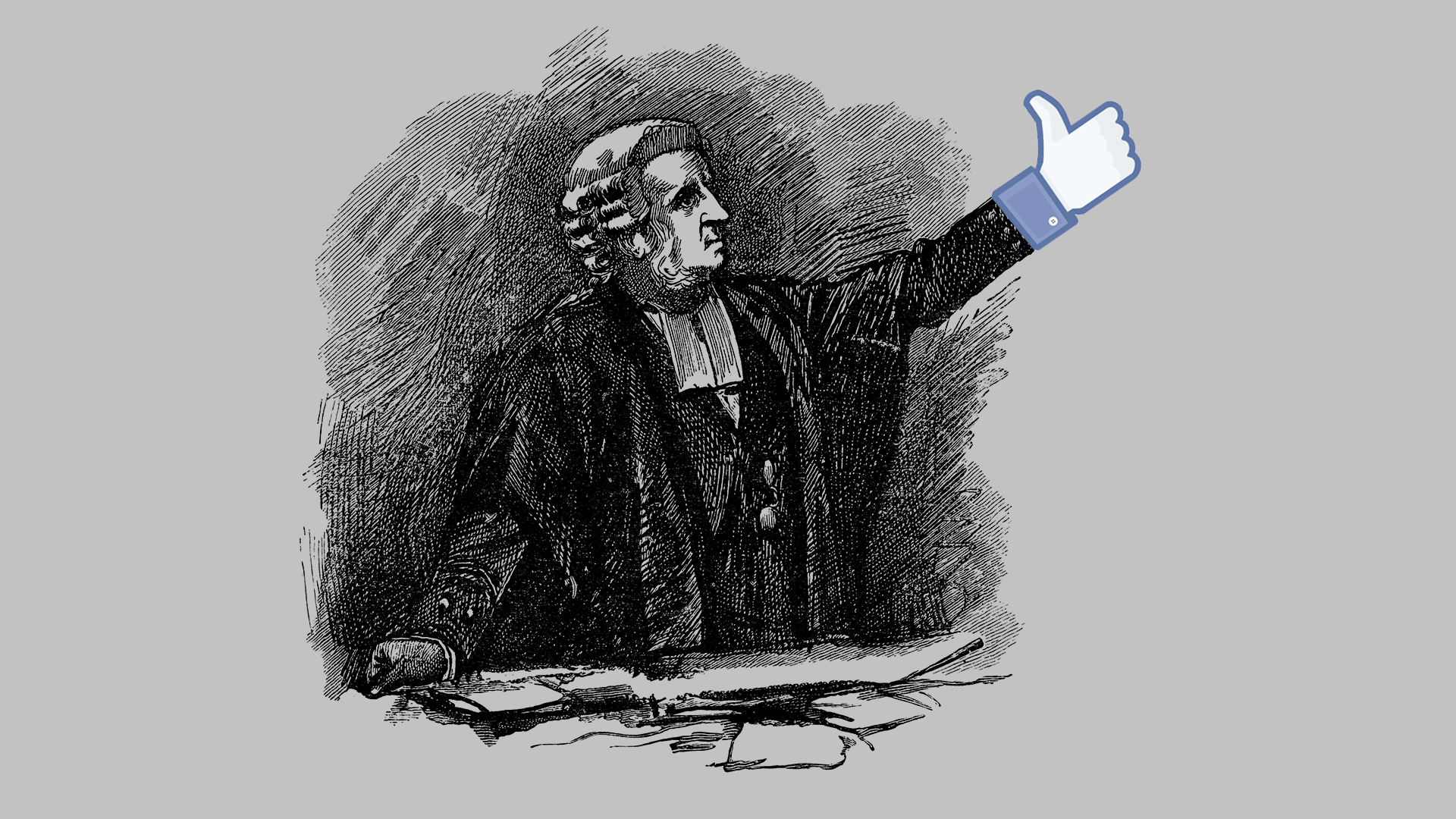Facebook unveils its independent appeals board
Add Axios as your preferred source to
see more of our stories on Google.

Illustration: Aïda Amer/Axios
Facebook's independent Oversight Board will be led by two U.S. constitutional scholars, a former prime minister of Denmark and a former official with the Organization of American States.
The big picture: The board is a first-of-its-kind internet governance body, which Facebook spent $130 million to fund to provide independent review of its content moderation decisions.
Details: The board also named a slate of 20 members out of a projected full membership of 40 as part of an official launch Wednesday.
- The membership spans the political spectrum and includes legal experts as well as people with backgrounds as human rights activists, journalists, political leaders and victims' advocates.
The co-chairs are:
- Helle Thorning-Schmidt, former prime minister of Denmark and CEO of Save the Children.
- Jamal Greene, a Columbia Law School professor.
- Michael McConnell, former U.S. federal circuit court judge and now Stanford Law School professor.
- Catalina Botero Marino, former Special Rapporteur for Freedom of Expression of the Inter-American Commission on Human Rights of the Organization of American States, who now serves as Dean of the Universidad de los Andes Faculty of Law in Colombia.
By the numbers: All 20 current members of the board have experience advocating for human rights.
- 70% have experience living in more than one country.
- Only 5 members are based in the U.S. The rest are from all over the globe.
- 90% of the current board members speak more than one language.
- 29 languages are spoken amongst the 20 board members combined.
How it works: Users who are unhappy with a content takedown or other moderation decisions by Facebook will be able to file an appeal with the board, which will choose a handful of key cases to decide.
- Facebook says it will treat individual content judgments by the board as binding, but responsibility for implementing board decisions will rest solely with the company.
- Board members say they are committed to carefully balancing freedom of expression with other human rights, to operating transparently, and to representing global diversity.
What they're saying: On a press call before the announcement, the co-chairs described their work as novel and experimental and said they expect to make mistakes.
- "It's one thing to complain about content moderation and the challenges involved in it. It's another to actually try to do something about it," Green said.
One huge challenge will be sifting through an expected firehose of potential controversies to pick the few that the organization will be able to adjudicate.
- McConnell said the criteria will include cases that affect a large number of users, those that have a major effect on public discourse, and those that have a big impact on policies across Facebook's platform.
History lesson: Facebook CEO Mark Zuckerberg first discussed the idea of a Supreme Court-like independent board in April 2018 as a way to counter criticism that the company was inconsistent and unaccountable in its decisions to take content down or leave it up.
- In November 2018, Zuckerberg committed to the project publicly, and last year the organization rolled out a charter.
- Facebook provided initial funding and chose the board's four co-chairs after wide consultation, but the board's leadership says it will now operate fully independently from the company.
- Facebook says it is committed to implementing all board decisions "unless doing so violates the law."
Go deeper: Facebook's constitutional moment

